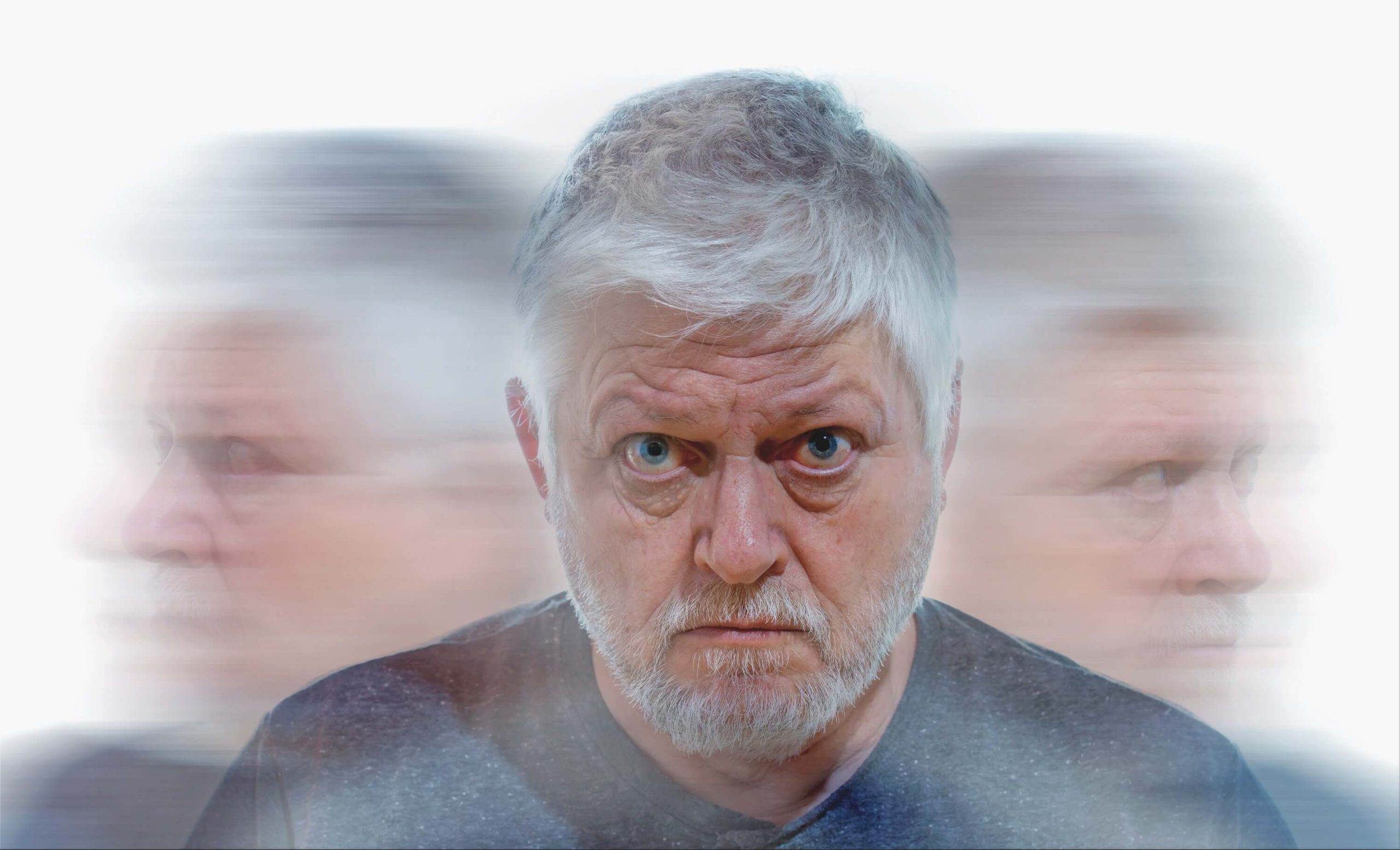10 Ways To Boost Your Energy
Dealing with mental health issues and addiction takes time, commitment, and effort. Feeling low in energy during the early stages of recovery is common as the body fights to equalize the disruption caused by drug and alcohol addiction. Many people deal with a lack of energy when undergoing a change of sobriety. From the first day of sobriety, there can be ups and downs in energy as a result of detox and withdrawal.

#1 Stay On A Regular Sleep Schedule
You can’t stay up late during the weekend and suddenly, on Monday morning, wake up refreshed. If you enjoy later nights on Friday and Saturday, vow to get to bed early on Sunday to wake up rested.
#2 Avoid Sugar & Caffeine Roller Coaster
Eat some protein and foods with a bit of fat in the morning. The brain needs protein, and the body does not store it. You don’t have to eat much- a glass of soya, a piece of cheese, or a handful of nuts will get you going instead of pure carbohydrates like a plain bagel.
#3 Take A Power Nap
Even if you just close your eyes and let your mind drift, you will be refreshed for the afternoon. This is also effective whenever you feel yourself not concentrating, reading the same material repeatedly. Give in to the urge and completely relax for a few moments.
#4 Drink More Water
I know, everyone says to drink more fluids. But most of us are constantly dehydrated from filling up on coffee, tea, and sodas with caffeine. This is very stressful to the kidneys and can cause irritation to the bladder. Keep a sports bottle filled with your favorite flavored water or plain water, and keep it with you at all times. Set a goal- empty by lunch, refill, and empty again by the time work is over. Carry plenty of water in the car, too.
#5 Exercise Regularly
This is easier said than done with a busy schedule. A poor conditioning level causes you to be short of breath and your heart to race when just doing simple things like climbing a flight of steps or doing household chores. Park farther away when shopping and walking. Dust off that exercise machine or get an exercise tape to play when the weather is bad. Set an example for the rest of your family, and maybe they will join in too!
At our facility, patients engage in daily physical training inspired by yoga and fitness.
#6 Smile!
Have you ever heard, “A joke a day keeps the doctor away“? Seriously, laughter has many beneficial effects on the body. The brain chemicals for experiencing pleasure, happiness, and peace increase with good, hearty laughs. Live alone? Get a funny movie or watch a light-hearted comedy on TV. Nothing sarcastic or put-down, however.
#7 Avoid Confrontations & Situations With Negative People.
You know who they are. They are not going to change, but they will bring you and your mood down. The complainers, gossipers, and generally unhappy souls we all have to deal with on a day-to-day basis drain our energy if we allow them. Be polite but avoid arguing or getting hooked into listening to their constant problems.
#8 Take Prescribed Medication Regularly.
Our food and diets do not meet the amounts needed for maximum health. There is a difference between avoiding nutritional deficiencies and optimum performance.
#9 Increase Your Calcium and Magnesium Intake
Drug and alcohol consumers have decreased magnesium-calcium levels and other elements in blood plasma compared to healthy people.
Calcium and magnesium work together, where magnesium augments calcium absorption and efforts with calcium to contract and relax muscles and soothe and comfort the nerves. Jointly, they build a complicatedly connected relationship that supports the nervous system.
The roles of these two very essential minerals of the body should not be underestimated. Although only a small quantity of blood calcium is required in the soft tissues and the blood, lacking it would cause the heart to beat unsteadily, the muscles not to contract correctly, the blood would not clot, and the nerves would not carry messages.
Balancing calcium – magnesium levels should start with your diet. Good sources of calcium include green, leafy vegetables like kale or spinach, dairy products like cheese and yogurt, and seeds such as chia, sesame, and poppy seeds. Magnesium is found in dark chocolate, avocados, nuts such as almonds, cashews, or brazil nuts, and whole grains like wheat, oats, or quinoa. Again, consuming foods high in calcium in the morning and high in magnesium at night is the easiest way to avoid the competition for the minerals in your body.
Doing your best to maintain a 2:1 ratio, consuming twice the amount of calcium to magnesium, will help your body function at its optimal level. If you think you need supplementation, ensure you are not over-supplementing one mineral over the other based on your current diet.
#10 Lighten Your Load
One of the main reasons for fatigue is overwork. Overwork can include professional, family, and social obligations. Try to streamline your list of “must-do” activities. Set your priorities in terms of the most important tasks. Pare down those that are less important. Consider asking for extra help at work, if necessary.
We Can Help
If you are beginning the process of addiction recovery and need support and care, we invite you to reach out to us. We are here to ensure your recovery and that you are safe while detoxing and rehabilitating.




At Overland IOP, we offer services to treat primarily mental health and simultaneously work on the client’s co-occurring disorders until the signs and symptoms of substance dependence are in remission. At Overland IOP we provide such services as individual therapy, group therapy, telehealth, case monitoring, solution-focused brief therapy, behavioral therapies, acceptance& commitment therapy, medication management & psychodynamic therapy.
Published: November 20, 2022
Last Updated: December 20, 2022


Published: July 01, 2024
Understanding Bipolar Symptoms in Men
Bipolar disorder is a mental health condition characterized by extreme mood swings that include emotional highs (mania or hypomania) and lows (depression). While the disorder affects both men and women, the presentation of symptoms can differ significantly between genders. Understanding the specific symptoms of bipolar disorder in men is crucial for accurate diagnosis and effective […]
Read more

Published: June 23, 2024
How to Avoid Topical Steroid Withdrawal
Understanding Topical Steroid Withdrawal Topical steroid withdrawal (TSW), also known as Red Skin Syndrome or Steroid Addiction, is a condition that can occur after prolonged use of topical corticosteroids. These medications are frequently prescribed for skin conditions like eczema and psoriasis due to their effective anti-inflammatory properties. However, improper use or prolonged application can lead […]
Read more

Published: June 23, 2024
Understanding “IOP” Medical Abbreviation
IOP stands for Intensive Outpatient Program, a form of treatment that offers a structured therapy environment without requiring a residential stay. It is designed for individuals who do not require 24/7 medical supervision but still need regular support, making it a flexible yet effective option for those in recovery. Overland IOP in Los Angeles provides […]
Read more
